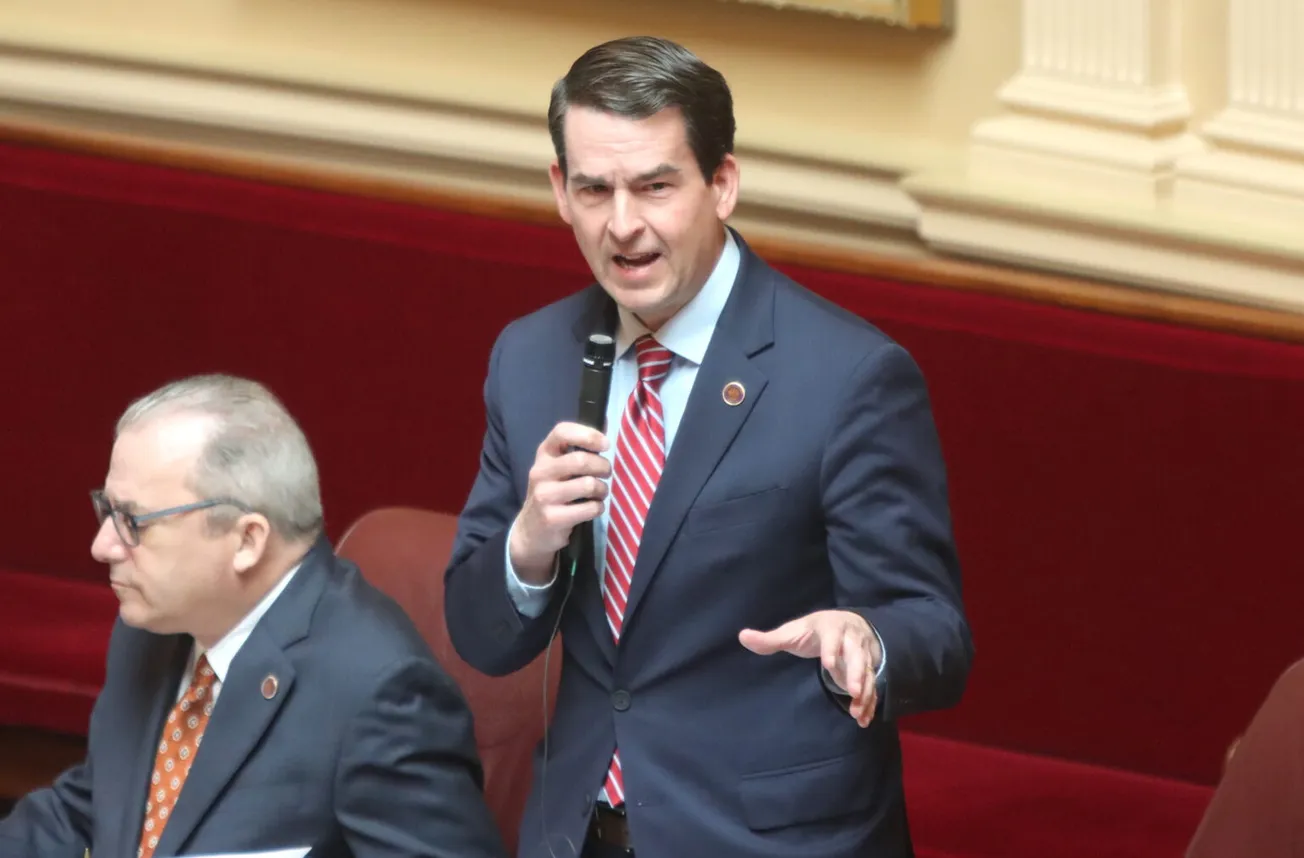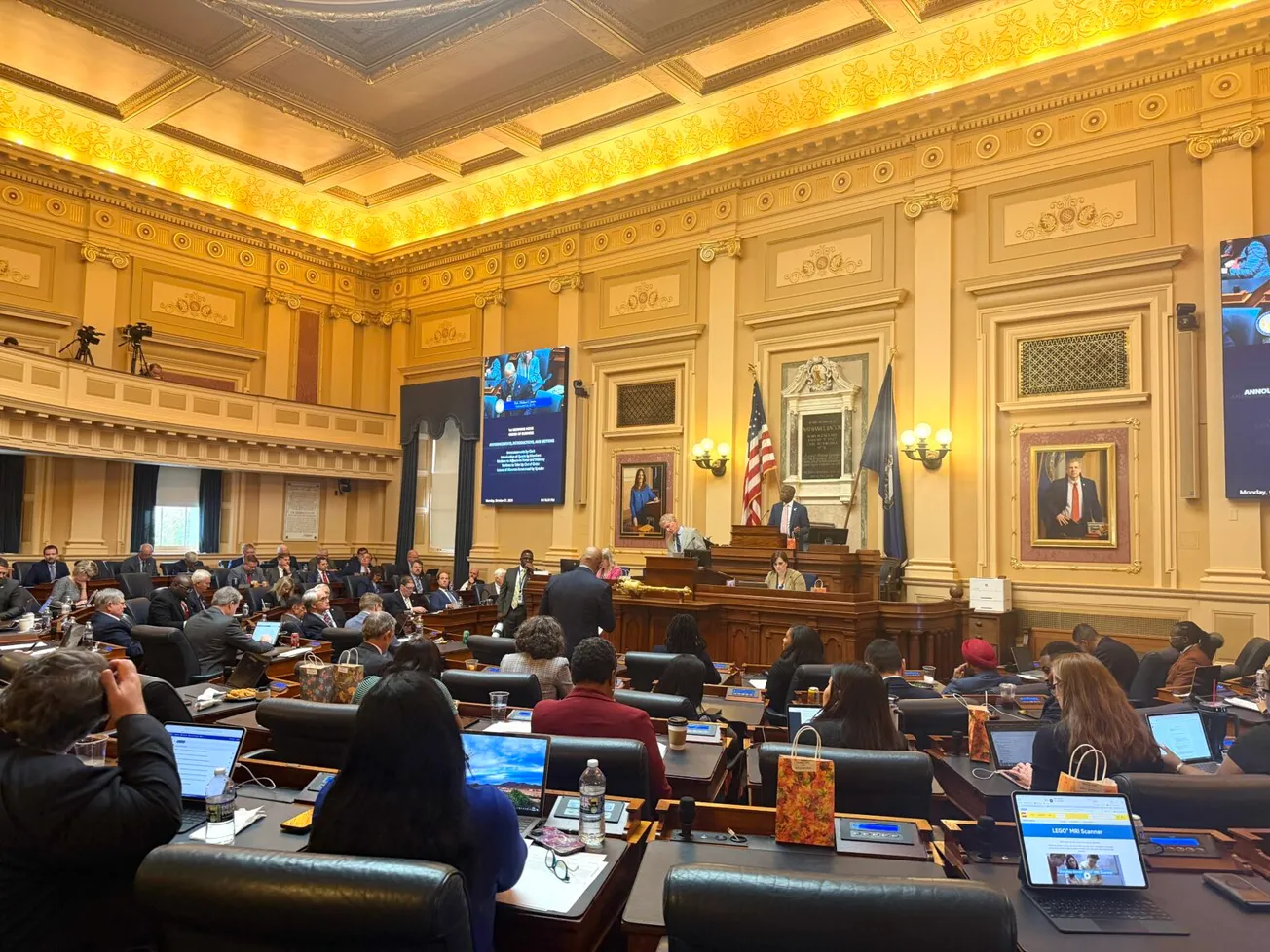General Assembly 2025 — General Assembly — Government — Virginia Government — Education — tax to benefit school construction
School funding showdown looms as legislature sends sales tax bill to Youngkin again
Localities say they need more revenue, but the governor’s opposition remains a hurdle





